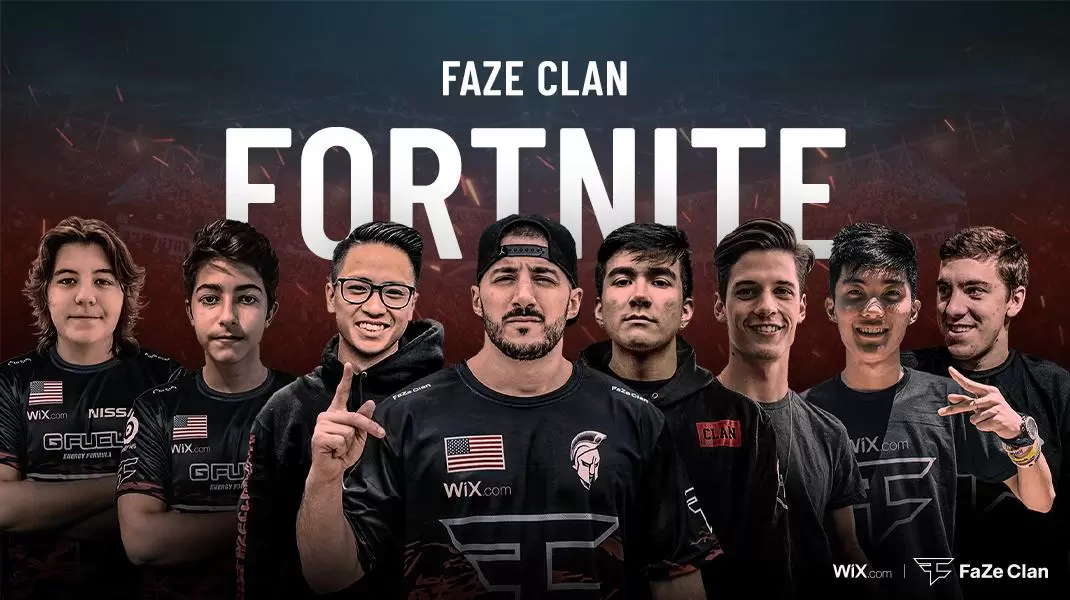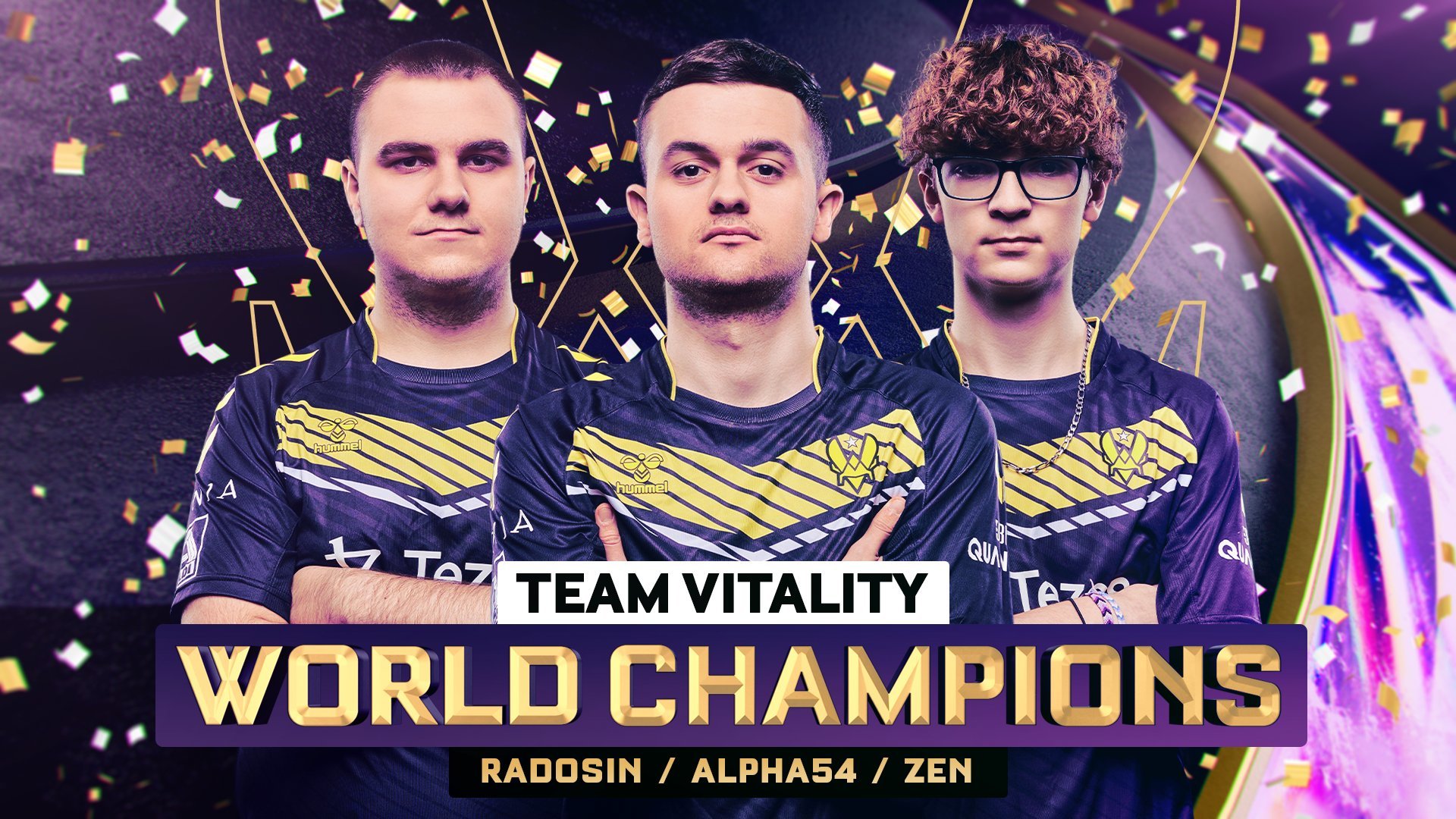What is an Esports Team?
Jump to a different section here!
An esports team, short for "electronic sports team," is a group of professional video gamers who compete in organized video game tournaments and leagues. These teams can
consist of individual players or a collective roster of players who specialize in various video games. Esports teams are similar in structure to traditional sports
teams, with players, coaches, managers, and support staff.
Here are some key aspects of esports teams:
- Players: The core of an esports team consists of skilled and talented players who are proficient in a particular video game or multiple games. These players often
specialize in specific roles within the game, such as offense, defense, support, or leadership.
- Coaches: Many esports teams employ coaches who provide guidance, strategy, and training to the players. Coaches help teams refine their gameplay, develop strategies,
and make improvements.
- Managers: Team managers handle administrative and logistical tasks, including organizing travel arrangements, scheduling practice sessions, managing contracts,
and ensuring the team's overall well-being.
- Support Staff: Larger esports organizations may also have support staff, including analysts, psychologists, nutritionists, and fitness trainers, to optimize the players'
performance and well-being.
- Sponsorships and Partnerships: Esports teams often secure sponsorships and partnerships with companies and brands. These sponsorships provide financial support,
equipment, and exposure for the team.
- Competitions: Esports teams participate in various tournaments and leagues, ranging from local and regional events to international championships. These competitions
can offer substantial cash prizes, prestige, and recognition.
- Fanbase: Esports teams have fanbases that support them, just like traditional sports teams. Fans follow their favorite teams and players, attend live events,
watch online streams, and purchase team merchandise.
- Branding: Esports teams typically have unique logos, team names, and uniforms that help establish their brand identity and differentiate them from other teams.
Esports has grown significantly in popularity and professionalism over the years, with some teams operating under well-established organizations and competing in games
like League of Legends, Dota 2, Counter-Strike: Global Offensive, Overwatch, and many others. Esports teams can generate revenue through sponsorships, merchandise
sales, streaming, and tournament winnings, making it a viable career option for top-tier players.
Popular Esports teams
Jump to a different section here!
Esports, short for electronic sports, has grown significantly in popularity over the years, with many professional teams and organizations
competing in various video games. As of my last knowledge update in September 2021, here are some popular esports teams across different games:
- Fnatic: Fnatic is one of the most well-known esports organizations in the world, with teams competing in games like League of Legends, Counter-Strike:
Global Offensive (CS:GO), and more.
- Team Liquid: Team Liquid has a presence in multiple esports titles, including Dota 2, League of Legends, CS:GO, and more. They are known for their
competitive success and strong fan base.
- Cloud9: Cloud9 has a significant following in North America and fields teams in games such as League of Legends, CS:GO, and Valorant.
- SK Telecom T1 (T1): T1 is a South Korean organization famous for its dominance in League of Legends, with multiple World Championships to their name.
- Astralis: Astralis is a Danish CS:GO team that has achieved great success in the game, including multiple Major Championships.
- OG: OG is a Dota 2 team that made history by winning The International (TI) twice in a row, in 2018 and 2019.
- Team SoloMid (TSM): TSM is a North American organization with teams in games like League of Legends, Valorant, and Super Smash Bros.
- Natus Vincere (Na'Vi): Na'Vi is a Ukrainian organization with a strong presence in CS:GO, Dota 2, and other esports titles.
- G2 Esports: G2 is a European organization known for its success in multiple games, including League of Legends, CS:GO, and Rainbow Six Siege.
- San Francisco Shock: The San Francisco Shock competes in the Overwatch League and has been one of the top teams in the league.
- Dallas Fuel: Another Overwatch League team, the Dallas Fuel, is known for its passionate fan base and competitive play.
- FaZe Clan: FaZe Clan is a widely recognized esports and entertainment organization with teams in multiple games, including CS:GO, Call of Duty, and Fortnite.
- Evil Geniuses: Evil Geniuses (EG) has a storied history in esports, with teams in various titles, including Dota 2 and CS:GO.
Please note that the popularity of esports teams can change rapidly due to shifts in performance, roster changes, and the evolving
esports landscape. New teams may have emerged, and existing ones may have gained or lost popularity since my last update in September 2021. To get the most
up-to-date information, I recommend checking esports news websites and official team websites.
How to get involved with Esports teams
Jump to a different section here!
Getting involved with esports teams can be an exciting and fulfilling endeavor, whether you're aspiring to become a player, coach, manager, or part of the support staff.
Here are steps to help you get started:
- Identify Your Role: Determine what role you want to play within an esports team. Are you interested in playing as a professional gamer, coaching, managing, marketing,
or providing technical support? Each role requires different skills and qualifications.
- Build Your Skills: Regardless of your chosen role, it's essential to continuously improve your skills and knowledge in the esports industry. Players should practice
and refine their gameplay, while coaches and managers should study the game and learn about team dynamics and strategy.
- Network: Connect with people in the esports community. Attend esports events, both locally and online, to meet players, team owners, and industry professionals.
Join online forums, social media groups, and Discord servers dedicated to esports to make connections.
- Create a Portfolio: Showcase your skills, accomplishments, and experience in your chosen role. For players, this might include your gaming stats and achievements.
Coaches can highlight their knowledge of the game and any coaching certifications. Managers might showcase their organizational skills and event planning experience.
- Volunteer or Intern: Start by volunteering or interning with amateur or lower-tier teams, or organizations. This provides valuable experience and demonstrates your dedication
to potential employers. You can work as a shoutcaster, social media manager, or assistant coach to gain exposure.
- Educate Yourself: Stay up-to-date with the latest industry trends, news, and game updates. Esports is a rapidly evolving field, and staying informed is essential.
- Attend Events: Attend esports events and tournaments, both as a spectator and as a participant (if possible). This will help you get noticed and network with professionals in the industry.
- Create Content: If you're interested in marketing or content creation, start a YouTube channel, Twitch stream, or a blog dedicated to esports. Producing content related to your passion
can help you build an audience and credibility.
- Apply for Positions: Keep an eye on job listings from esports organizations. Many teams hire players, coaches, analysts, and support staff regularly. Submit your portfolio and resume to these openings.
- Stay Persistent: The esports industry can be highly competitive, and success often doesn't come overnight. Stay persistent, keep improving your skills, and network whenever possible.
- Consider Education: Some universities and colleges offer esports management and business programs. Pursuing a degree in this field can provide you with valuable knowledge and connections.
- Create Your Own Team: If you can't find the right opportunity, consider starting your own esports team or organization. This can be a challenging but rewarding way to get involved in the industry.
Remember that building a career in esports may take time and effort, but with dedication, networking, and a passion for the industry, you can increase your chances of getting involved with esports teams
and making a meaningful impact in this rapidly growing field.
What Esports team should you support
Jump to a different section here!
Choosing which esports team to support is a personal decision and often depends on your individual preferences and interests. Here are some factors to consider when deciding
which esports team to support:
- Game Preference: Esports encompasses a wide variety of games, from first-person shooters like Counter-Strike and Overwatch to multiplayer online battle arenas (MOBAs)
like League of Legends and Dota 2. Consider which games you enjoy playing or watching the most, as this can guide your choice of team.
- Geographic Affiliation: Many esports teams are associated with specific cities or regions, similar to traditional sports teams. Supporting a local or regional team can
create a stronger sense of community and connection.
- Player Loyalty: Some fans support teams based on their favorite players. If you have a particular player or group of players you admire, you might choose to support
the team they are on.
- Team History and Success: Research the team's history and track record in their respective game. Do you prefer to support an established, successful team with
a rich history, or are you interested in backing an up-and-coming underdog?
- Team Culture and Values: Some esports organizations have well-defined cultures and values. Investigate the team's mission, values, and the way they interact
with their fans and the community. Choose a team whose culture aligns with your own values.
- Sponsorship and Partnerships: Some fans consider a team's sponsors and partnerships when deciding which team to support. You might want to align yourself
with teams that have sponsors or values that resonate with you.
- Community and Fan Base: Look into the team's fan base and community engagement. Being part of an active and supportive fan community can enhance your overall esports experience.
- Entertainment Factor: Some teams are known for their entertaining and charismatic players or content creators. If you enjoy watching entertaining streams
or content, this might be a factor in your decision.
- Understand Rivalries: Esports often have intense rivalries between teams and regions. Understanding these rivalries can add excitement to your support,
but be prepared for passionate debates and friendly banter with fans of rival teams.
- Flexibility: You don't have to limit yourself to supporting just one team. Many esports fans support multiple teams across different games
and regions. Feel free to diversify your support based on your interests.
Ultimately, there is no right or wrong choice when it comes to which esports team to support. It's about finding a team that resonates with you and enhances your
enjoyment of esports. Whether you support a local team, a team with a storied history, or simply a team that aligns with your values, the most important thing
is to have fun and engage with the esports community in a way that brings you joy.










